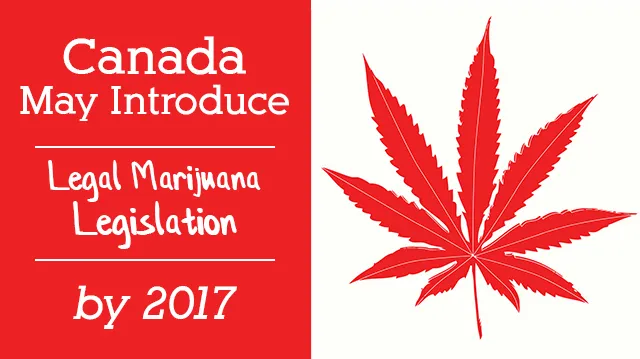In recent years, our outlook on marijuana has changed dramatically. For many years it was thought of as a dangerous “gateway drug” to more lethal substances, and while this stigma does still exist for some people, the tides are definitely turning.
The legalization of medical marijuana in many states has had substantial benefits for many sufferers of chronic illness. Children with seizure disorders have found great relief with this substance, as have people of all ages suffering from fibromyalgia, cancer side effects, migraines, anxiety and PTSD, to name just a few conditions.
The recreational use of marijuana is also becoming more widely accepted, as Colorado, Washington, Oregon and Alaska have passed recreational marijuana legislation. These state governments have recognized that the use of marijuana is significantly less hazardous to a person and their peers than, say, the use of alcohol — which is legal all over the Western world.
Despite warnings and protests from many opposition members, economies in Colorado and the other states that have legalized pot are booming. Each of these states has brought in millions of dollars in revenue since legalization, and numerous jobs have been created in the new weed market.
Additionally, according to statistics reported by the Drug Policy Alliance, since marijuana was legalized in Colorado, the state has seen decreases in crime rates and traffic fatalities. All of this really makes one wonder why marijuana remained (and still remains in many places) illegal for so long — what were we afraid of?
While more and more US states consider marijuana legalization, Canada seems to be taking a giant leap. Canada’s health minister, Jane Philpott, told the United Nations that federal marijuana legalization legislation will be proposed in spring of 2017.
According to Philpott: “We will introduce legislation in Spring 2017 that ensures we keep marijuana out of the hands of children and profits out of the hands of criminals. We will work with law enforcement partners to encourage appropriate and proportionate criminal justice measures. We know it is impossible to arrest our way out of this problem.”
This makes a lot of sense, because if adults have legal access to marijuana, they will have no need to buy it illegally. Many illegal dealers will go out of business, and the amount sold to underage people may greatly decrease. Who wants to run the risk of prosecution for something that can be obtained over the counter?
Plus, if it’s legal and regulated, a person wouldn’t run the dangerous risk of buying marijuana laced with another harmful drug.
In order to draft appropriate legislation, delegates are currently reviewing the UN’s 2009 drug action plan to pinpoint challenges as far as world drug issues. Bill Blair, a parliamentary secretary and former Toronto police chief, stated, “It’s a great deal of work. It’s important to do it right. And so we’re looking at regulations with respect to production, distribution, the retail and consumption of marijuana, and we want to make sure that it’s based on the best advice from experts.”
In a statement to the Commons, Canadian Prime Minister Justin Trudeau explained, “The fact of the matter is we’ve been clear. We believe in legalization and regulation of marijuana because it protects our kids and keeps money out of the pockets of criminal organizations and street gangs.”
We will wait and see how Canada’s proposed legislation unfolds. In the meantime, tell us what you think! Do you think federal legalization of marijuana would be beneficial?
—Tanya Rakhmilevich
Tanya is a writer at The Alternative Daily with a passion for meditation, music, poetry, and overall creative and active living. She has a special interest in exploring traditional Eastern remedies and superfoods from around the globe, and enjoys spending time immersed in nature.
Sources:
http://www.cbc.ca/news/politics/philpott-un-marijuana-legislation-legalize-1.3544554
https://www.drugpolicy.org/sites/default/files/Colorado_Marijuana_Legalization_One_Year_Status_Report.pdf

